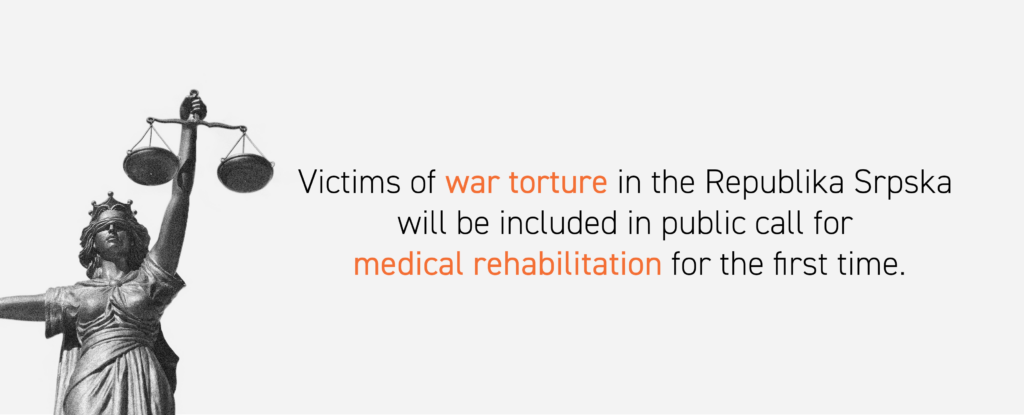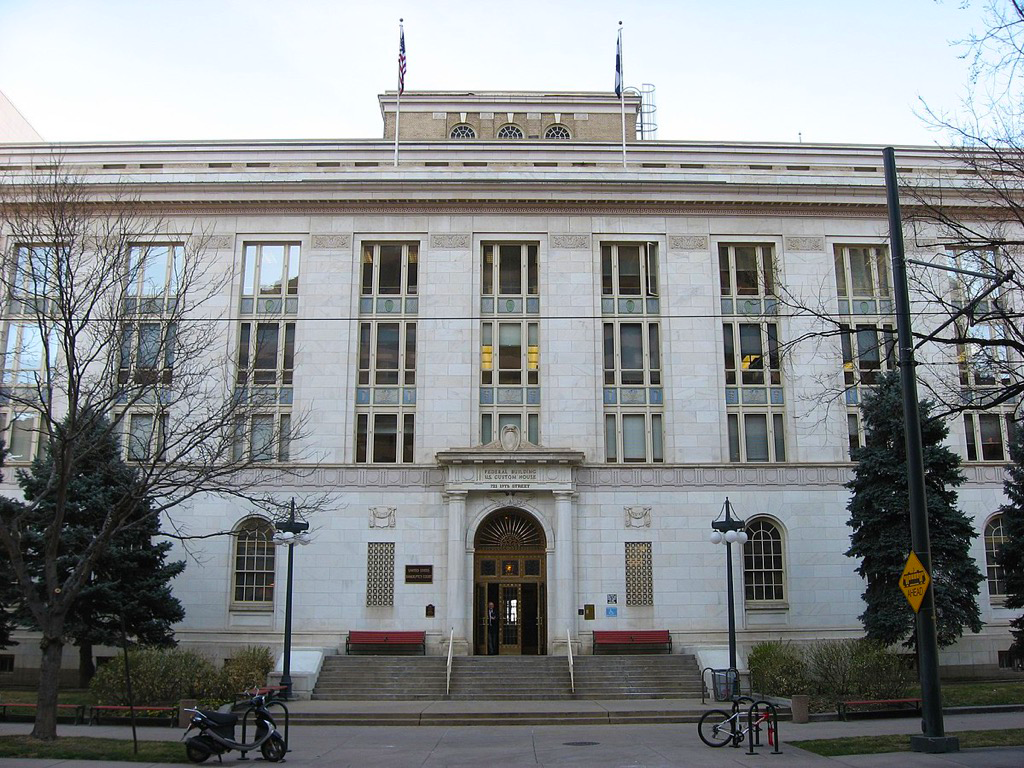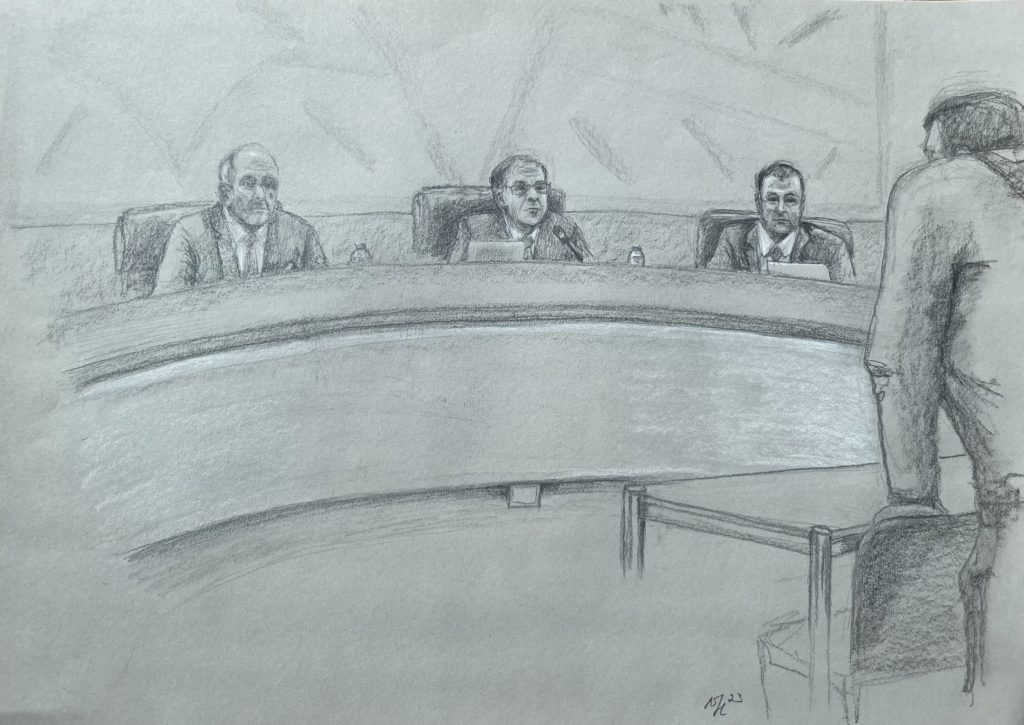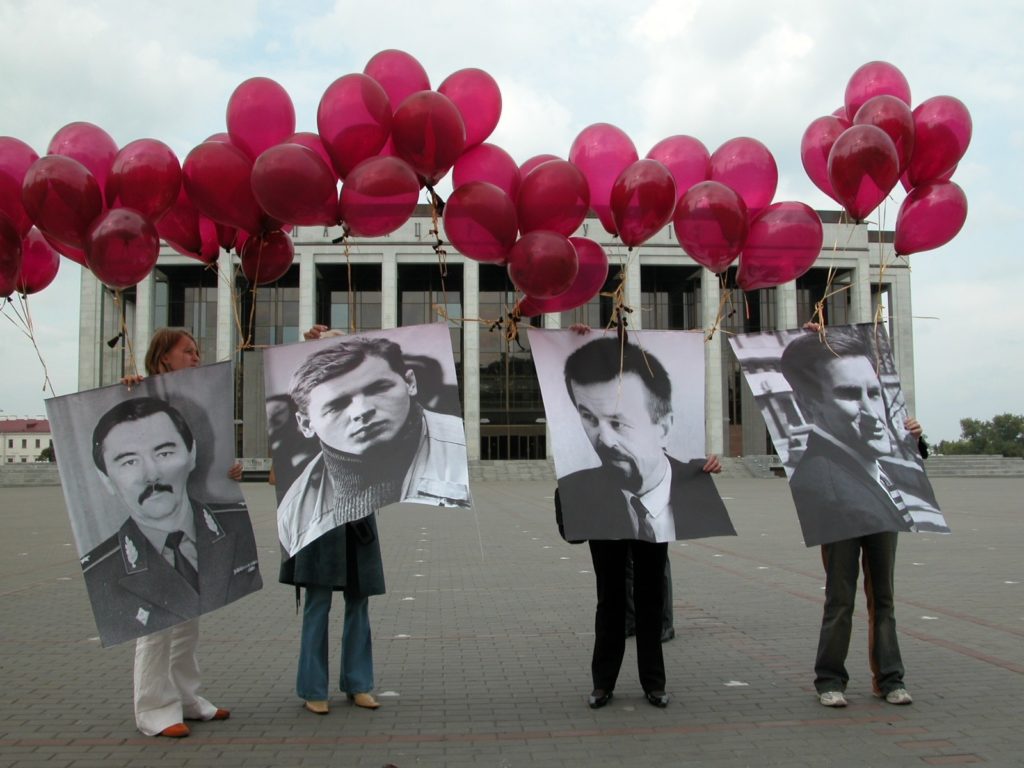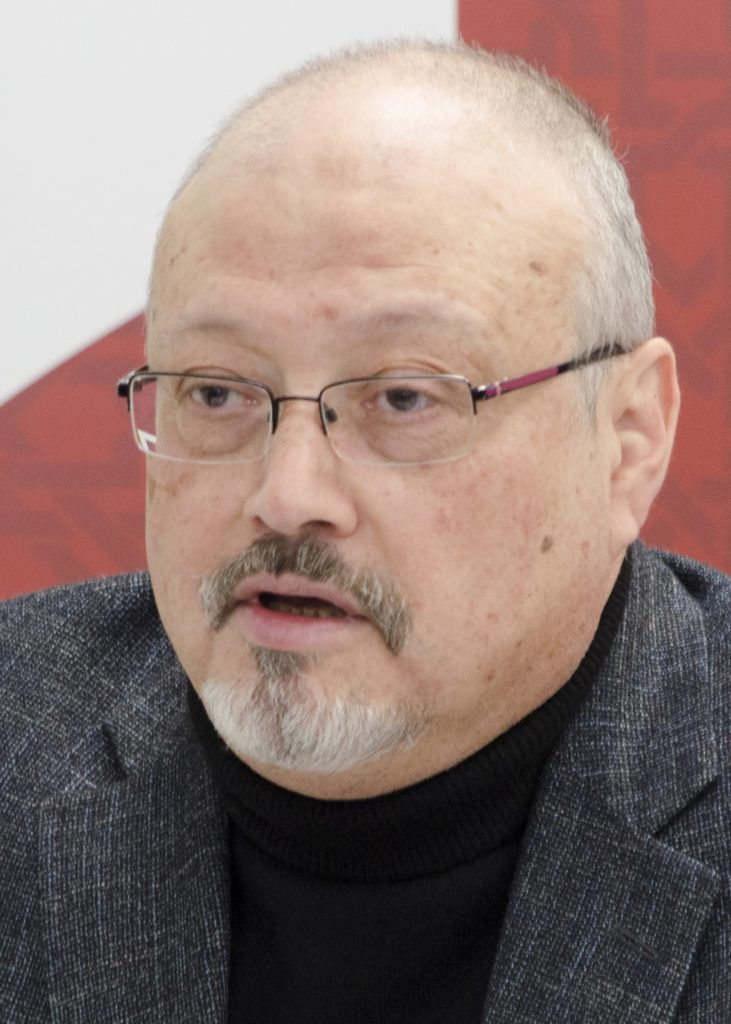Enforced disappearance of Nedžad Fazlić in June 1992
In November 2009, TRIAL submitted an application to theEuropean Court of Human Rights concerning the enforced disappearance of Nedžad Fazlić occurred in May 1992. TRIAL acts on behalf of Fatima Fazlić, wife of Nedžad Fazlić; and of Dženana Fazlić and Lejla Fazlić, daughters of Nedžad Fazlić.
Almost one month after the take over of the city of Prijedor (29-30 April 1992), the Serb army attacked the nearby town of Kozarac. Fatima Fazlić and her daughters Dženana and Lejla Fazlić (at that time respectively 8 years and 4 months old) had left Kozarac a few days before trying to save their lives. In June 1992 they reached Germany, where the brother of Fatima Fazlić was living. Nedžad Fazlić remained in Kozarac, as he was a member of the Territorial Defence Unit. According to eye-testimonies, after the take over of the town of Kozarac by the Serb army, Nedžad Fazlić escaped in the Kozara forest together with other men, trying to reach Croatia. On 28 May 1992 Nedžad Fazlić and a group of other men were arrested by members of the police of the Republika Srpska and taken to the police station of Aleksandrovac, near Gradiška: some detainees were subsequently taken to a concentration camp; while others, including Nedžad Fazlić, were taken to an unknown destination. That was the last time that Nedžad Fazlić was seen alive. His fate and whereabouts remain unknown since then.
More than 17 years after the events, no ex officio, prompt, impartial, thorough and independent investigation has been undertaken by BiH authorities in order to locate Nedžad Fazlić or his mortal remains or to identify, prosecute and sanction those responsible. Fatima Fazlić has taken several steps to obtain information about her husband, through domestic authorities (in particular, the Police in Sanski Most, the Commission on Missing Persons of the Federation of BiH and the Republika Srpska Office for Tracing Detained and Missing Persons) and international organizations (International Committee of the Red Cross and the Red Cross of Germany). These initiatives have proved vain.
On 16 July 2007 the Constitutional Court of BiH, seized by several relatives of victims of enforced disappearance from Prijedor and the surrounding area, declared a violation by BiH of the right not to be subjected to torture and inhuman and degrading treatment and the right to respect for private and family life of the families of disappeared persons. Accordingly, the Court ordered the relevant domestic institutions to disclose all available information on the fate and whereabouts of the disappeared people, including Nedžad Fazlić. So far, BiH authorities failed to implement the decision of the Constitutional Court and did not provide any relevant information to the Court or to Fatima Fazlić, Dženana Fazlić and Lejla Fazlić.
Consequently, Fatima Fazlić, Dženana Fazlić and Lejla Fazlić request the European Court of Human Rights:
to find that Nedžad Fazlić is a victim of a violation of the procedural aspects of Articles 2 (right to life), 3 (prohibition of torture) and 5 (right to liberty and security), in conjunction with Articles 1 (obligation to respect human rights) and 13 (right to an effective remedy) of the European Convention on Human Rights, due to the ongoing failure of BiH authorities to conduct an ex officio, prompt, impartial, independent and thorough investigation on his arbitrary detention and enforced disappearance in order to establish his fate and whereabouts, as well as to identify those responsible for these crimes and to prosecute, judge and sanction them;
to find that Fatima Fazlić, Dženana Fazlić et Lejla Fazlić are themselves victims of a violation by BiH of Article 3 (prohibition of torture or inhuman or degrading treatment) in conjunction with Articles 1 (obligation to respect human rights), 8 (right to respect for private and family life) and 13 (right to an effective remedy) of the Convention, because of the severe mental distress and anguish caused by Nedžad Fazlić’s enforced disappearance and the ongoing lack of information about the cause and circumstances of Nedžad Fazlić’s disappearance as well as on the progress and results of the investigations carried out by BiH authorities;
to request BiH to order independent investigations as a matter of urgency with a view to locating Nedžad Fazlić and, if necessary, exhuming, identifying, respecting and returning his mortal remains;
to request BiH, pursuant to Article 41 and Article 46.2 of the Convention, to indentify, indict, judge before the competent civil authorities and sanction those responsible of the arbitrary deprivation of liberty and subsequent enforced disappearance of Nedžad Fazlić, as well as the abettors and possible accessories after the facts; and to ensure that Fatima Fazlić, Dženana Fazlić and Lejla Fazlić have full access and capacity to act at all stages and in all instances of the said investigations and proceedings, in accordance with domestic law and the provisions of the European Convention.
to request BiH to publish the results of the investigations and the proceedings, so that BiH society is able to know the judicial determination of the facts and those responsible in this case;
to request BiH, pursuant to Article 41 and Article 46.2 of the Convention, to grant toFatima Fazlić, to Dženana Fazlić and to Lejla Fazlić adequate pecuniary compensation, covering both material and non-pecuniary damages;
to request BiH, pursuant to Article 41 and Article 46.2 of the Convention, to ensure that the measures adopted in favour of Fatima Fazlić, Dženana Fazlić and Lejla Fazlićprovide them with integral reparation that comprises restitution, rehabilitation, satisfaction (including restoration of dignity and reputation), and guarantees of non-repetition;
to request BiH to publish, in English and in Bosanski, relevant excerpts of the Court’s judgment (including the establishment of the facts, the findings of the Court and, if any, the attached opinions) in the Official Gazette and in another newspaper with widespread national circulation;
Procedure
After a preliminary examination of the admissibility of the application, on 28 September 2012 it was communicated to the Government of BiH.
In January 2013, REDRESS and the OMCT submitted to the ECHR an amicus curiae brief in relation with the present case to shed light on the link between enforced disappearance and the prohibition of torture and other ill-treatment as well as the relationship between the continuing nature of enforced disappearance and the content of effective remedy and reparation for relatives of those who have “been disappeared”.
In January 2013 the Government of Bosnia and Herzegovina submitted its reply, challenging the admissibility and the merits of the case. On 25 March 2013, on behalf of the applicants, TRIAL submitted its pleadings to the European Court of Human Rights challenging in detail the arguments put forward by the respondent State and highlighting a number of mistakes and contraddictions contained in its submission to the European Court. The latter transmitted a copy of TRIAL’s reply to the Government, fixing 13 May 2013 as the deadline for comments they may wish to make. In the following months the European Court of Human Rights will adopt its judgment on the case.
On 3 June 2014 the European Court issued a decision, finding that in this case Bosnian authorities did all that could be reasonably expected given the special circumstances prevailing in the country up until 2005 and the large number of war crimes pending before local courts. The Court noted that “it is evident that not all of the direct perpetrators of the many crimes committed within the context of the ethnic cleansing of the Prijedor area have been punished”. Nevertheless, it valued the fact that the International Criminal Tribunal for the Former Yugoslavia and the State Court have convicted respectively 16 and 7 persons in connection with crimes committed in the area.
The General Context
It is estimated that between 100,000 and 200,000 persons died as a consequence of the conflict (1992-1995) in BiH and that between 25,000 and 30,000 were victims of enforced disappearance. Between 10,000 and 13,000 people remain disappeared to date.
The enforced disappearance of Nedžad Fazlić occurred as a part of the “ethnic cleansing” operations perpetrated by the Serb army in the context of the military attack of Prijedor and the surrounding area.
To date no one has been convicted, prosecuted and sanctioned for the arbitrary arrest and subsequent enforced disappearance of Nedžad Fazlić, thus fostering an overall climate of impunity. Up to this day, the family of Nedžad Fazlić still has not received any information on the fate and whereabouts of their loved one.

